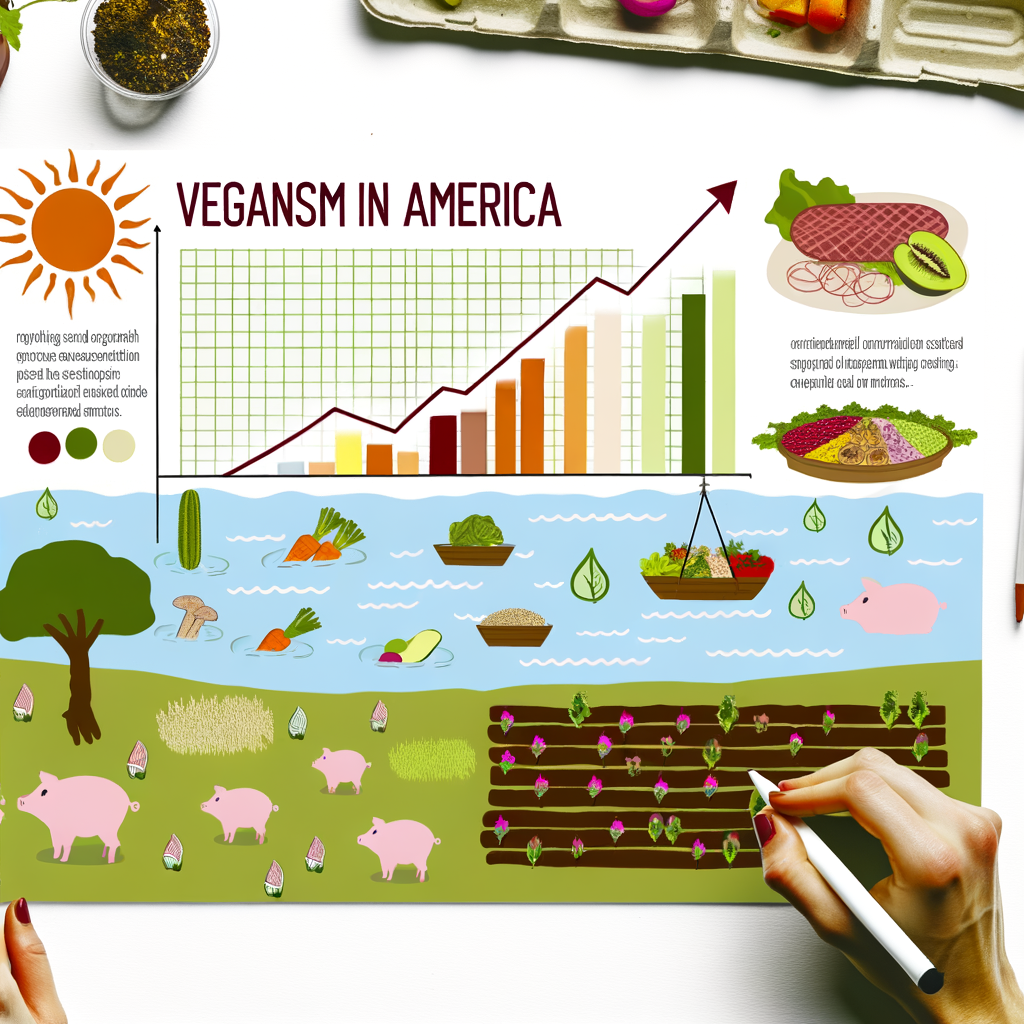As a chef, I have had the opportunity to explore and experiment with various dietary preferences, and one that has been gaining popularity in Europe is vegetarianism. With a growing awareness of the impact of our food choices on the environment and animal welfare, more and more people are choosing to adopt a vegetarian lifestyle.
Vegetarianism is the practice of abstaining from meat, and in some cases, all animal products. While some may view this as a restrictive diet, it actually offers a wide range of options and can be just as flavorful and satisfying as a meat-based diet.
One of the key benefits of a vegetarian diet is its positive impact on our health. Studies have shown that vegetarians have a lower risk of developing chronic diseases such as diabetes, heart disease, and certain types of cancer. This is because a plant-based diet is rich in nutrients, antioxidants, and fiber.
In addition to the health benefits, a vegetarian diet also has a positive impact on the environment. Animal agriculture is a major contributor to greenhouse gas emissions and deforestation, and by choosing a vegetarian diet, we can reduce our carbon footprint and help protect the planet.
But perhaps the most important reason to consider a vegetarian diet is for animal welfare. By not consuming meat or other animal products, we are not contributing to the suffering of animals in factory farms and slaughterhouses.
In conclusion, I encourage my fellow Europeans to consider incorporating more vegetarian options into their diets. Not only is it a healthier and more sustainable choice, but it also allows us to be more mindful and compassionate towards the world around us.





